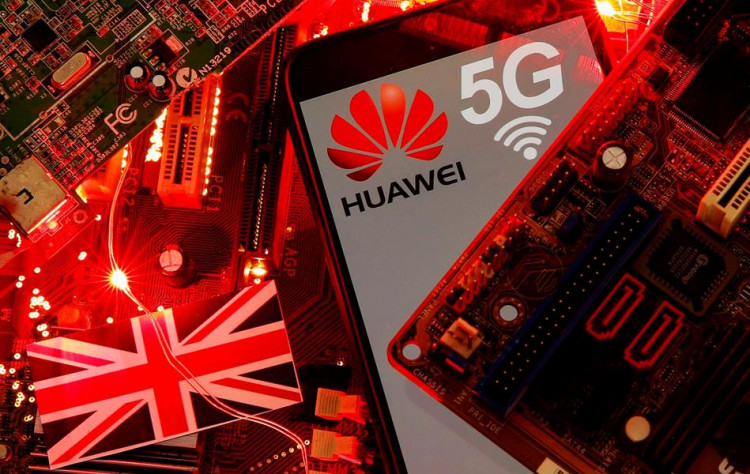A Telecommunications Security Bill which will allow Britain to identify equipment as a threat to national security and restrict its use in local networks was sent to parliament Tuesday.
British wireless companies must not install new Huawei 5G equipment after September 2021, as part of the government's plan to purge the China technology company's hardware from high-speed mobile networks.
The deadline is part of a blueprint the British government is creating to get rid of "high risk" hardware suppliers with draft legislation whose objective is to harden its line against Huawei.
The new deadline comes earlier than expected, though using the old equipment will still be allowed. Operators said they would already be releasing alternative equipment by 2021, making the year's cutoff "manageable."
China is not happy with the move, while Huawei said it was dismayed that the UK was planning to remove it from the 5G roll-out following the publication of new laws that could see companies fined $133,140 if they violate the ban.
In January, British Prime Minister Boris Johnson announced that the Chinese tech company would only be allowed to supply up to 35% of nonsensitive components of Europe's 5G infrastructure. UK's National Cybersecurity Center asserts that Huawei poses a threat because its engineering and cybersecurity standard is below par.
Attempts to remove the China company from Europe's network have been continuing for more than a year. But the new telecommunications security measure is the first step in ensuring such restrictions into law, and outlines details of exactly how the policy will work if British lawmakers approve it.
Huawei declined to comment. The company has previously dismissed the U.S. accusations and said UK's ban was "politically motivated."
Europe is releasing an initial 250 million British pounds ($333.4 million) for its 5G diversification plan in a bid to build momentum for growing competition and interoperability.






